LATEST INSIGHTS
Your Present Location: LATEST INSIGHTS-
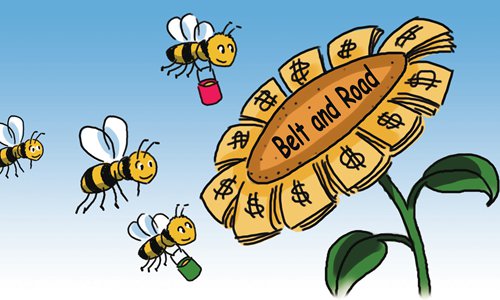
Zhao Minghao: B&R can open opportunities for Sino-US cooperation
As economic globalization now faces strong headwind, the Belt and Road initiative is getting wide attention from the international community. Aside from an impetus in infrastructure development, global trade and cross-border investment, it also opens new opportunities for US-China cooperation.
2017-05-15 -

Initiative ‘project of the century’
Chinese President Xi Jinping on Sunday said the Belt and Road initiative is "the project of the century" that will benefit people across the world, and other world leaders who attended the forum said they value the initiative and reaffirmed their support.
2017-05-15 -
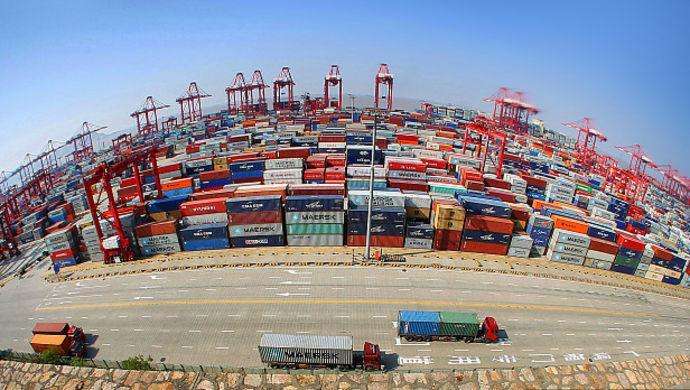
Ding Gang: B&R provides more balance in globalization
According to a study issued by the McKinsey Global Institute in 2015, the world`s economic center remained in the East like in the year 1000. The US replaced Europe as the center of the world`s economy after WWII. But with the wheels of history turning into the 21st century, China has reinstated itself as the global economic center.
2017-05-11 -
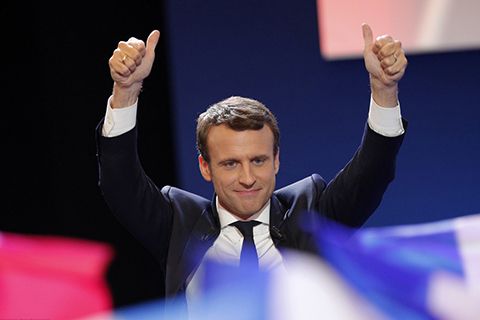
Pro-trade Macron to be good for Sino-French ties: experts
Emmanuel Macron’s victory is good news for the EU, but it signals potential challenges ahead for US-French relations. Macron’s win meanwhile will see France stand closer with China due to their shared commitment to free trade, globalization, European integration and combating climate change.
2017-05-10 -
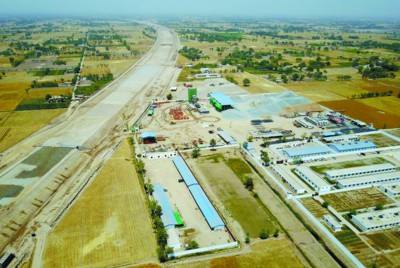
Zhou Rong & Chen Xiaochen: CPEC program achieves unexpected progress
The China-Pakistan Economic Corridor (CPEC) will play a leading role in the Belt and Road initiative. Recently, the Chongyang Institute for Financial Studies at Renmin University of China launched an intensive research program to look at the progress and problems of the CPEC construction in Pakistan. After assessment, we found that the construction has been unexpectedly fast. Four key areas of cooperation - energy, transport infrastructure, industrial cooperation and Gwadar Port - have made sign
2017-05-09 -
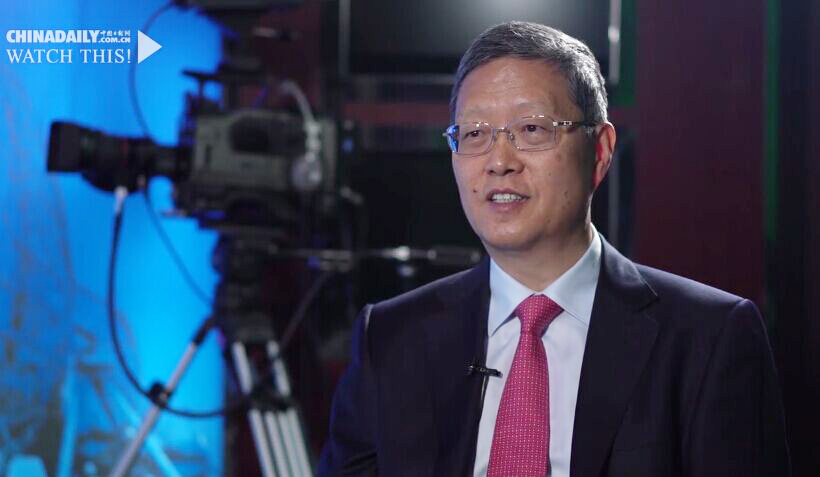
B&R Initiative: Not a solo song, but a chorus
The much anticipated Belt and Road Initiative forum is set to take place in Beijing. The event will be held in just over a week, on May 14 and 15. Questions some may ask could include why China is holding such an event at this time? What issues and topics will be covered, and what should we, along with others from across the globe, expect from this meeting?
2017-05-09 -
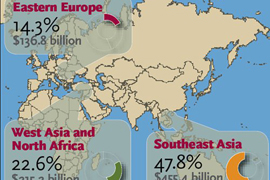
B&R to boost global trade
China`s One Belt and One Road initiative has brought the country`s experience in industrialization and urbanization to many countries around the world, becoming a new engine of global economic development, experts said.
2017-05-08 -
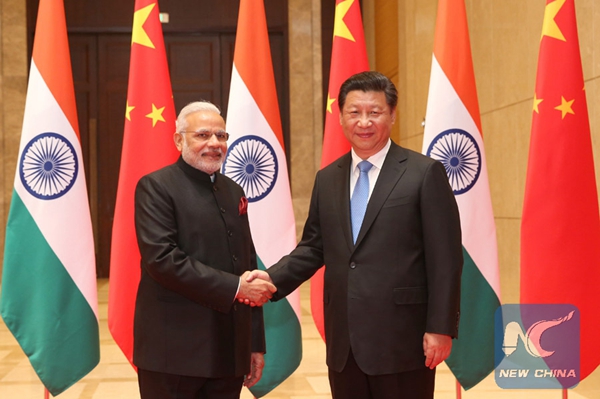
Yang Fanxin: The Belt and Road & Sino-Indian relations
Sino-Indian relationship is often described as one of "the Dragon and the Elephant" by the media. After the "Belt and Road" (B&R) Initiative was proposed, this relationship seems confounded. The rendering by media has resulted in the Indian government`s irresolution to develop relations with China.
2017-05-08 -
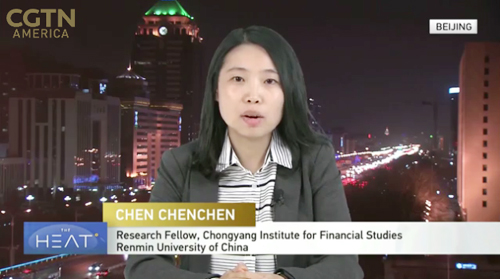
Interview with Chen Chenchen: China’s Belt & Road Initiative and Russia
China’s Belt and Road Initiative is a global economic endeavor linking Asia with Europe and Africa. Now, Russia is set to play a significant role.
2017-05-05 -

Belt and Road still open to US: experts
China is still open to the involvement of the US in any form in its One Belt and One Road initiative, experts said, cautioning that the US would be better off if the current administration changed tack on the grand initiative.
2017-05-05 -

Ding Gang: Revolution sets China and India apart
The price of revolution may be heavy. But only by walking between India`s cities and country, and standing in front of the building with an imperial atmosphere, can one get to know the meaning and role of revolution.
2017-05-04 -
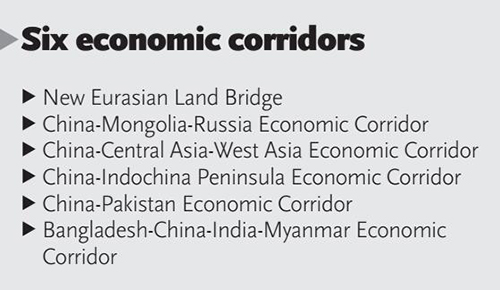
Belt and Road can ‘solve global woes’
China`s One Belt and One Road initiative, which takes the form of six "economic corridors" connecting China and other countries with infrastructure projects and investments, will benefit the economies of the participants and stabilize many regions, experts said.
2017-05-04 -
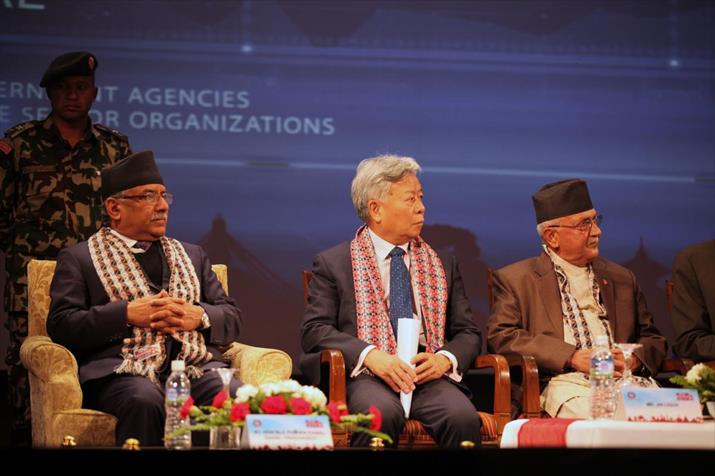
Liu Ying: A Growing Family
The AIIB has been improving its organizational structure since its inauguration in January 2016. Focused on financing infrastructure construction across Asia, the multilateral development financial institution has brought something new to the international financial environment and raised expectations.
2017-05-03 -
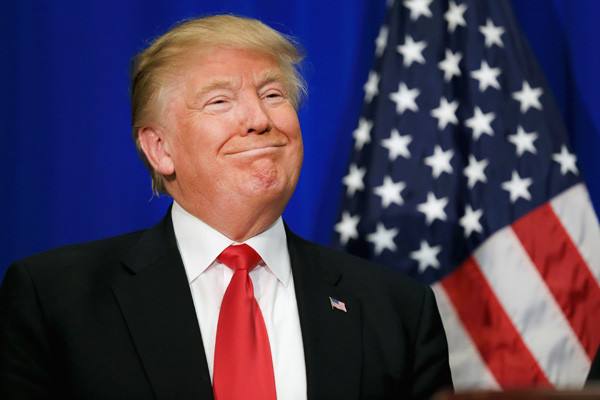
Zhao Minghao: Trump acting more mainstream after 100 days
To a large degree, Trump`s learning curve is not as steep as people have predicted. Instead, he and his team are endeavoring to adjust to realities within and outside of the US.
2017-04-28 -
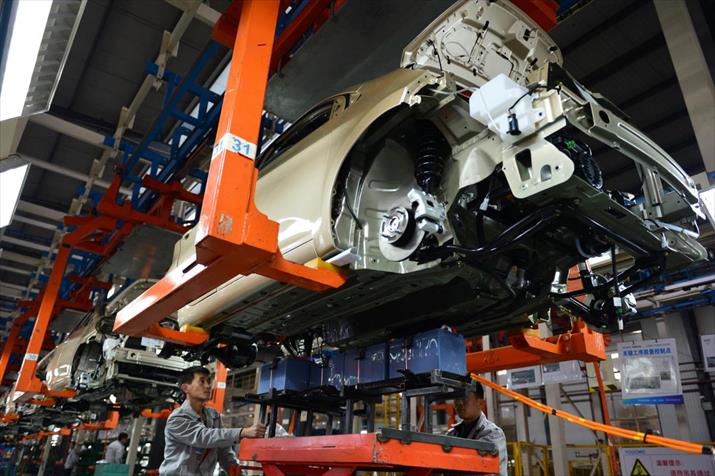
Xiang Junyong: How to Reinvigorate the Real Economy
On April 7 the China Banking Regulatory Commission (CBRC), the country`s banking watchdog, issued a guideline urging the banking industry to focus on serving the real economy. To that end, the commission requires commercial banks to innovate, control risks, intensify reforms and concentrate on traditional banking practices.
2017-04-28 -

Ding Gang: Unfair education exposes India’s social rift
The gap between the rich and the poor reflected in India`s education is not just related to money, but also the gap in economic and social rights, and traditional social classes.
2017-04-27 -

China invites US to join Belt and Road
China encouraged the United States to participate in the Belt and Road Initiative, which it said has "opened the gate of opportunities" for US enterprises, China`s ambassador to the US said on Monday.
2017-04-26 -
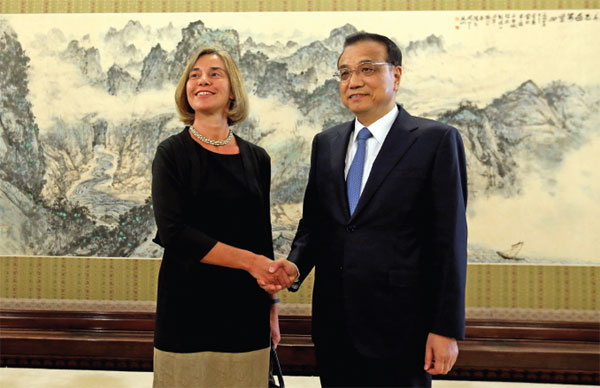
China, EU should team up for free trade
China and the European Union should jointly press ahead with economic globalization and free and fair trade, Premier Li Keqiang said on April 18.
2017-04-25 -
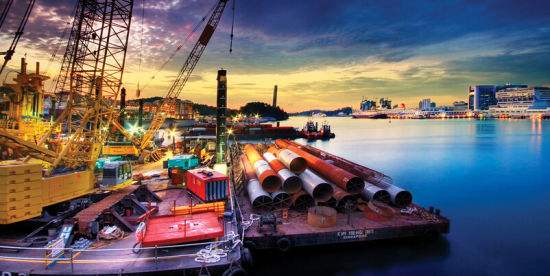
Belt and Road Initiative opens new era of global cooperation
The initiative, which has three major strands -- infrastructure, trade and investment, and industrial capacity cooperation -- will inject fresh energy to the world economy.
2017-04-24 -
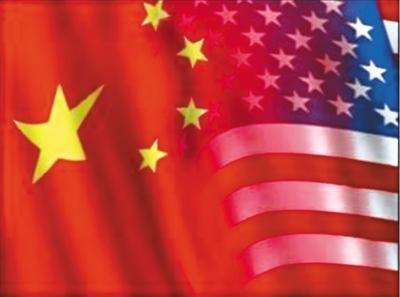
Wang Wen: Is China-US confrontation on the horizon?
As the world`s two most influential powers, the future relations between China and the US have garnered worldwide attention. Recently, the Russia Today (RT) talked with Wang Wen (Wang), dean of the Chongyang Institute for Financial Studies, over the development of the bilateral relationship and whether it`s possible to avoid confrontation.
2017-04-21
























































































 京公网安备 11010802037854号
京公网安备 11010802037854号





